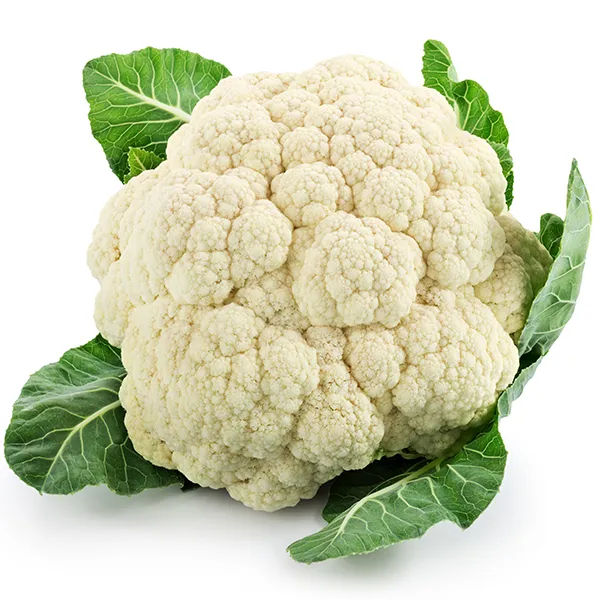Advantages of Eating Cauliflower

Hire Arrive
Food
about 1 year ago

Cauliflower, a cruciferous vegetable, often overshadowed by its more vibrant brethren, boasts a surprising array of health benefits. Beyond its mild flavor and versatility in the kitchen, cauliflower offers a wealth of nutrients and potential health advantages that make it a worthy addition to any diet.
Nutrient Powerhouse: Cauliflower is a low-calorie, high-nutrient food packed with vitamins, minerals, and antioxidants. It's an excellent source of vitamin C, a powerful antioxidant crucial for immune function and collagen production. It also provides vitamin K, essential for blood clotting and bone health, and folate, vital for cell growth and development, particularly important during pregnancy. Further contributing to its nutritional profile are vitamin B6, potassium, and dietary fiber.
Cancer Prevention: The significant amount of glucosinolates in cauliflower, compounds that break down into isothiocyanates, are linked to a reduced risk of several cancers, including colon, lung, and breast cancer. These compounds demonstrate anti-cancer properties by inhibiting tumor growth and promoting detoxification processes in the body.
Improved Digestion: Cauliflower's high fiber content aids in digestion and promotes regularity. Fiber adds bulk to the stool, preventing constipation and supporting a healthy gut microbiome. This improved digestive health can also contribute to better overall well-being.
Heart Health Benefits: The fiber, potassium, and antioxidants in cauliflower contribute to cardiovascular health. Fiber helps lower cholesterol levels, while potassium helps regulate blood pressure. Antioxidants combat oxidative stress, protecting the heart from damage.
Brain Boost: Cauliflower contains choline, a nutrient that plays a vital role in brain development and function. Choline is crucial for memory, learning, and mood regulation. Adequate choline intake is linked to improved cognitive function.
Weight Management: Cauliflower is low in calories and high in fiber, making it a filling and satisfying food that can aid in weight management. Its versatility also allows for creative substitutions in recipes, replacing higher-calorie ingredients in dishes like mashed potatoes or rice.
Versatile and Delicious: Cauliflower’s mild taste allows it to easily adapt to various culinary styles. It can be roasted, steamed, mashed, riced, or incorporated into soups, stews, and stir-fries. This versatility prevents dietary boredom and encourages regular consumption.
Beyond the Basics: Recent research is also exploring potential benefits of cauliflower in managing blood sugar levels and reducing inflammation. While more research is needed to confirm these findings definitively, the preliminary evidence is promising.
Conclusion:
Incorporating cauliflower into your diet offers a multitude of health advantages, from cancer prevention to improved digestion and brain function. Its nutritional density, versatility, and delicious taste make it a valuable asset to a healthy and balanced lifestyle. So, next time you're planning your meals, consider adding this often-underestimated vegetable to your plate.